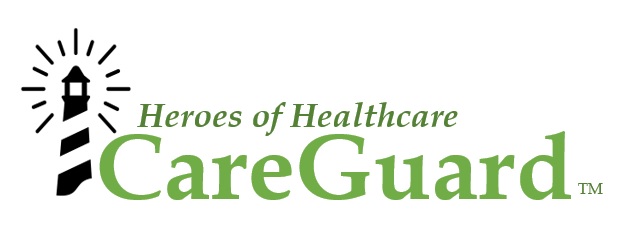
“I want you to imagine a circumstance in which you require a high-risk operation. The day prior to the operation, you come across information pertaining to the surgeon assigned to your case. In scenario 1, it is revealed to you that the surgeon in charge has had over 20 years of experience, and that during their years of practice they have accumulated many mistakes. Many of the mistakes they excuse as simply horrible turn of events, and they reassure you it won’t happen again. What exactly is their reassurance? Well, you’re likely not going to be classified as a “horrible turn of events”. Are you feeling confident leading into the surgery?
“Now imagine scenario 2, which includes the same high-risk operation performed by a surgeon with a similar profile. A shocking difference is that the surgeon in scenario 2 has embraced the errors throughout their career. They inform you that any error that ever occurred during their 20-year practice was included into a checklist system. They reassure that the checklist system guaranteed that the same mistake could never be repeated. They have great confidence in their abilities as a surgeon, but they understand that human errors occur. They reassure you that their life-long checklist minimizes surgical variability and significantly reduces the potential for human error. Are you feeling a little more confident?
“The only fictional part concerning the aforementioned scenarios, is that the surgeon described as embracing his errors would realistically have a more successful profile than a surgeon that attributes his error to horrible luck. The concept of embracing your mistakes and having a system in place that prevents them from being repeated is the highest standard of care. Embracing your mistakes is difficult, especially due to the prevalent operating room culture.
“If a surgeon embraces his mistakes and therefore learns from his mistakes, why is there a need for a checklist system? The surgical checklist system accounts for the concept of human factors. In aviation, where the stakes are also high and lives are at risk, researchers have found that accidents most often occur not due to mechanical errors but rather human errors. For this reason, aviation has focused on the study of human factors and how they might eliminate them. Human factors can be described in terms of fatigue, stress, poor communication and personal life problems. All of these can be attributed to errors in performance.
“High stress and poor communication can be some of the more frightening human factors present in the operating room. Can you recall the last time you were in a rush and panic began to dominate your thoughts? Studies have shown that when you feel rushed, you begin to take cognitive shortcuts. You begin to subconsciously omit steps in order to complete the task at hand. You also begin to severely underestimate elapsed time. The omission of steps and the miscalculation of time can pose a serious threat to a patient in the instance of an operating room crisis. Checklists systems have been shown to eliminate these cognitive shortcuts, omission of steps, miscalculation of time and further eliminate other human factors.
“The culture in healthcare is changing. I hope that sometime soon, the dismissal of healthcare errors will be a thing of the past. Maybe hospitals networks will begin to share their errors amongst each other with the goal of preventing their reoccurrence. Last week I had the opportunity to observe a thoracic spinal fusion performed by a surgeon that is a major advocate for healthcare safety reform. He was a surgeon that resembled the description in scenario two. He had embraced his errors throughout his career. Every minute error that had occurred during his career was carefully resolved and incorporated into his over 400 surgical checklist system. His performance in the operating was conducted with precision, following each step on the checklist. Observing the surgery, you might have felt like you were in an airplane cockpit. I considered his checklist as a career long attempt to perfect his surgical performance. The greatest beneficiary of this checklist are his patients. An elevated standard of care has been established, and I’m confident it will soon become the norm.”
Jeremie Bourget, Campbell University School of Osteopathic Medicine, ’22
